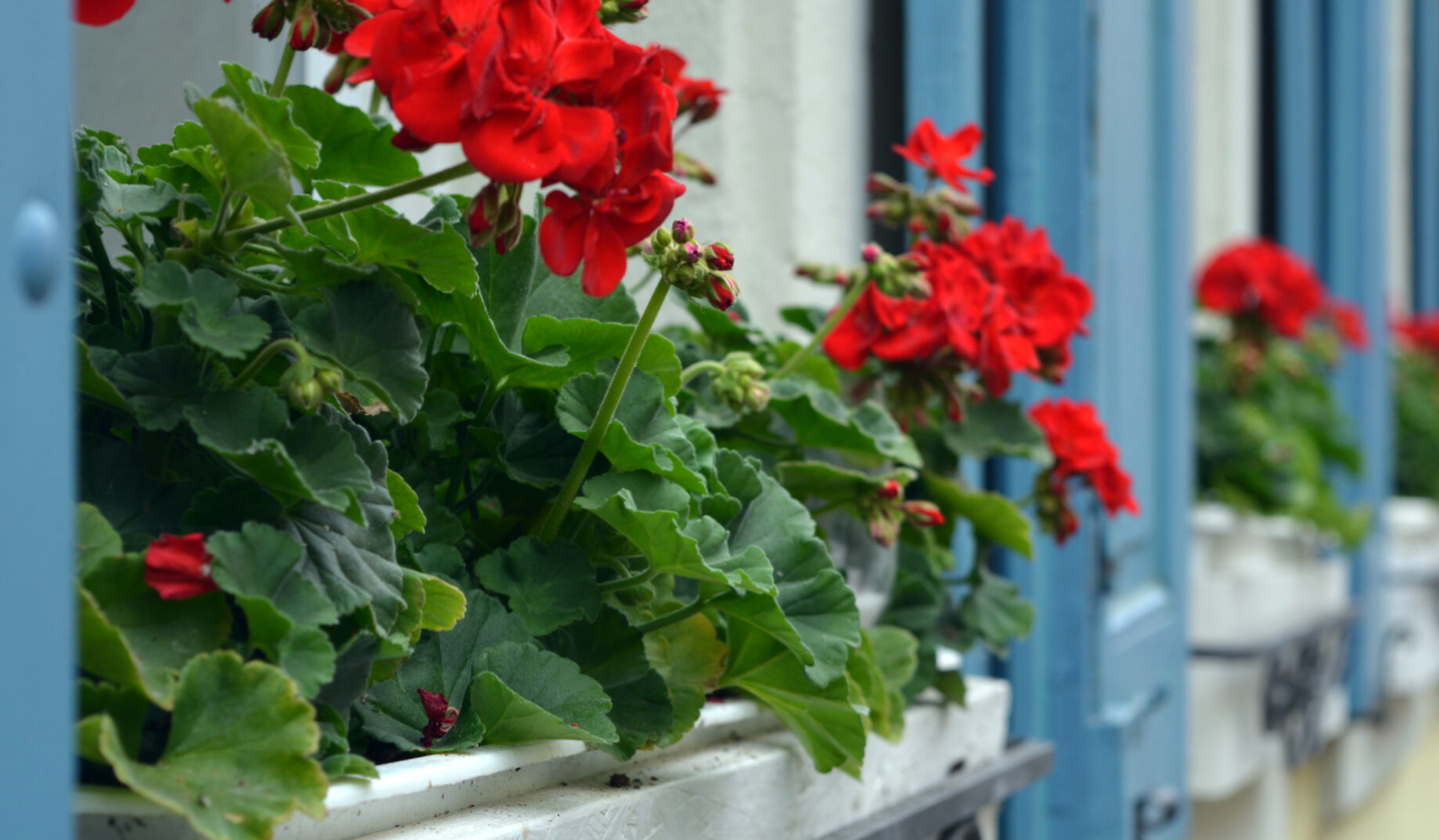(1) Confirm admission information and maintain contact with the school
Admission notices usually contain admission information such as admission major, length of study, language of instruction, etc., as well as registration information such as the time, place and required materials for freshmen to register.
* It is best for freshmen to confirm the accommodation arrangement with the school in advance before admission to prevent the inability to check in due to room constraints; contact the school, usually by mail, telephone, etc.
(2) Details of items that may be required during the period of studying abroad
1. Electrical appliances: electronic products such as laptops and their accessories, power conversion plugs, power transformers, mobile power supplies, etc. (China's standard voltage is 220V, and the picture is a Chinese standard socket. Please bring your own voltage conversion equipment);
WX20240119-162002@2x.png
2. Bedding: sheets, duvet covers, pillowcases, bedding, etc.
3. Toilet products: slippers, bath towels, towels, toothbrushes, toothpaste, etc.;
4. Clothing: China has a vast territory and great climate differences. It is difficult to have a unified clothing reference standard. Please prepare clothes according to the climate of the school;
5. Common drugs: common respiratory drugs, digestive system drugs, painkillers, anti-inflammatory drugs, mosquito repellents, moisturizers, etc.
6. It is recommended to bring an appropriate amount of cash (RMB) with you to pay for basic expenses such as arriving at school from the airport and purchasing daily necessities.
7. Documents you need to bring
Before departure, please check if you have the following materials:
* Valid passport and visa
* Admission notice (original)
* Application Form for Visa for Foreign Students to China (Form JW201/JW202) (Original)
* Tuition fees (if you need to pay out of your own tuition fees)
* 2-inch photos on a white background (at least 2 photos)
* Alien medical examination record (add download link)
* Passports, visas, marriage certificates and birth certificates of family members (please bring them if necessary)
Ø The following are the personal documents recommended for you to bring (please bring if necessary):
* Medical prescription
*Pre-degree academic transcript
* Original pre-degree diploma
* Letter of recommendation
The details of the above items are for reference.
When you come to China to study and stay away from home, we recommend that you bring the most important documents, clothes and other personal belongings. Appliances, daily necessities and other items can be purchased on campus and nearby shopping malls. There are large and small shopping malls and supermarkets in all cities in China, and you can easily buy everything you need. In addition, scanning the code to pay and online shopping have become very popular in China. With the touch of the keyboard, you can fulfill your wish without leaving home.
In addition, stay away from your hometown and study alone. If possible, we recommend that you bring clothes, musical instruments, albums, photos or other small souvenirs with your hometown characteristics. These souvenirs can not only make you feel the customs of your hometown even if you are far away in Beijing, but also communicate with your classmates and reduce your miss for your hometown.
If necessary, you can bring a small amount of commonly used drugs. After completing the admission procedures, you can go to the local hospital or school hospital for treatment.
In addition, according to the relevant regulations of the Chinese government, crow
Tablets, morphine, heroin, marijuana and other addictive narcotic drugs and psychotropic substances; all kinds of weapons, simulated weapons, controlled knives, ammunition and explosives are strictly prohibited from entering China. For specific information, please refer to:
General Administration of Customs Order No. 43 (Form of Prohibited and Restricted Items of the People's Republic of China) http://www.customs.gov.cn/publish/portal0/tab517/info10510.htm
Announcement of the General Administration of Customs No. 46 of 2013 (Explanation on Issues Related to the List of Prohibited Entry and Exit Goods of the People's Republic of China and the List of Restricted Entry and Exit Items of the People's Republic of China) http://www.customs.gov.cn/publish/port Al0/tab399/info623247.htm
(3) Bank exchange
(I) Foreign currency exchange:
Before coming to China, international students can carry enough foreign currency to live. After arriving in China, they can exchange foreign currency into RMB and open a RMB account at a bank near the school. You can bring the following currencies and convert them into RMB: British pounds, Hong Kong dollars, US dollars, euros, Japanese yen, Canadian dollars, Australian dollars.
Bank of China has the most foreign currency exchange. You can log in to the Bank of China website for relevant information: http://www.boc.cn/
(Ii) Traveler's checks:
Most banks in China can exchange traveler's checks in US dollars. However, it takes a long time to exchange foreign currency checks, which takes more than 40 working days, so we still recommend that you bring some cash.
(Iii) te transfer:
If you plan to wire your living expenses and other expenses to your account in Beijing, please bring enough cash to cover your short-term accommodation and meals.
(Iv) Bank cash withdrawal:
The bank has restrictions on the daily cash withdrawal amount of credit or debit card. Please confirm the daily cash withdrawal amount of your credit/debit card in China with your card-issusing bank before departure.
(IV) Insurance
During the period of studying in China, international students need to buy medical insurance and personal accident insurance. You can buy it in advance in your own country or choose to buy it in China. At present, the vast majority of Chinese universities will provide relevant guidance and consulting services for international students in China, such as medical insurance purchase, claim settlement and medical treatment guidelines.
For relevant matters after arriving in China, please refer to the "Instructions in China" of this website.





